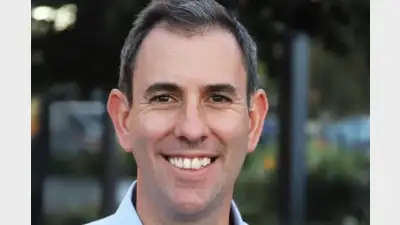Defined benefits revival on the horizon
While defined benefits superannuation arrangements have largely become a thing of the past in Australia, recent US experience suggests they may one day make a comeback.
A recent paper released by Mercer Human Resources Consulting suggested that recent plan design innovations in the US offered the prospect of combining the best features of defined contribution and defined benefit plans to produce a new retirement plan that offers predictable and stable costs, with little chance of accruing an unfunded liability.
The Mercer research said that the volatile accounting costs and contribution requirements of defined benefit schemes had prompted many global companies to consider switching to defined contribution plans as the sole vehicle for employer-supported retirement income.
It said pension cost volatility was caused by the risk and uncertainty assumed by the plan sponsor and that many sponsors had chosen to abandon defined benefit plans and switch to defined contribution plans because they were more stable, predictable and eliminated exposure to an unfunded liability.
However, the Mercer research said that risk was not eliminated with defined contribution, it was simply being shifted to the individual.
It said that in these circumstances, the time might be right for a new type of retirement plan — a Retirement Share Plan (RSP), which allocated risk more efficiently.
Mercer described RSPs as a traditional career accumulation plan with a twist. It said that the twist was that the value of the retirement shares could change based on the investment performance of the plan’s assets.
Recommended for you
Australian super funds have posted early gains in FY26, driven by strong share market performance and resilient long-term returns.
Following the roundtable, the Treasurer said the government plans to review the superannuation performance test, stressing that the review does not signal its abolition.
The Australian Prudential Regulation Authority (APRA) has placed superannuation front and centre in its 2025-26 corporate plan, signalling a period of intensified scrutiny over fund expenditure, governance and member outcomes.
Australian Retirement Trust (ART) has become a substantial shareholder in Tabcorp, taking a stake of just over 5 per cent in the gaming and wagering company.











